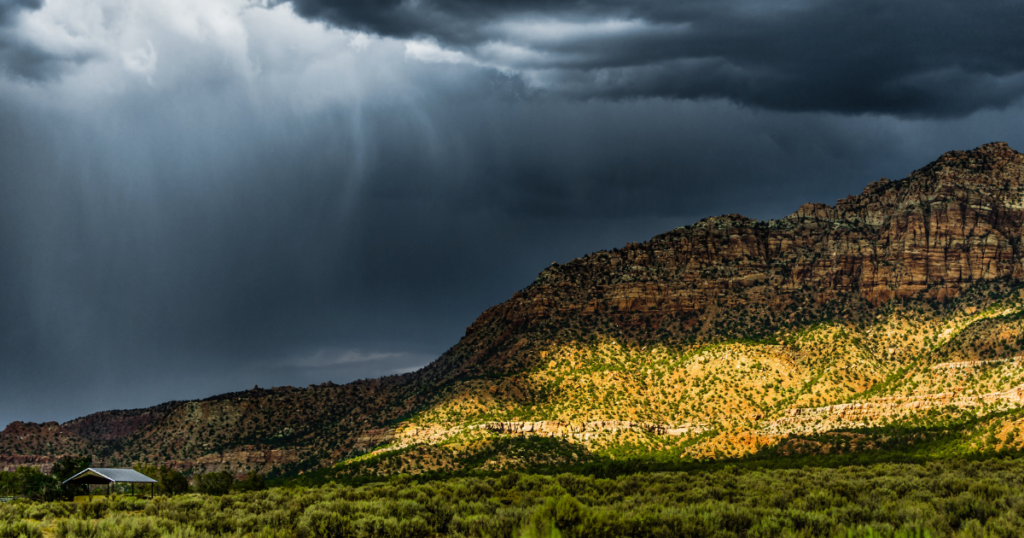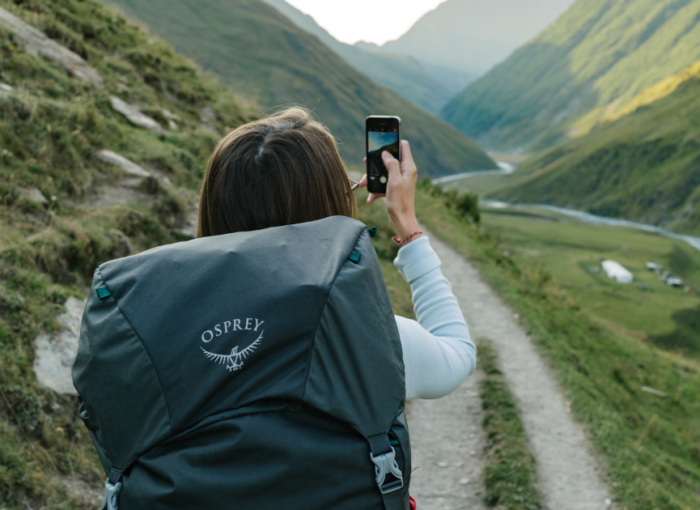Backpacking is one of the best ways to explore the great outdoors, to get in touch with nature, and to gain new experiences. It is an exciting activity that can provide a sense of adventure and accomplishment to anyone willing to take on the challenge. However, as with any new adventure, there are potential challenges that can arise during your first backpacking trip. Being aware of the things that can go wrong and how to avoid or deal with them can help you have a safe and enjoyable trip, whether you are new to hiking or just new to backpacking.
Overpacking or Underpacking
One of the most common mistakes new backpackers make is overpacking or underpacking. Overpacking can cause you to carry unnecessary weight, which can be tiring and uncomfortable. On the other hand, underpacking can leave you without essential items that you may need during your trip. To avoid this, do your research before packing and make a detailed checklist of what you need. Also, consider the weight of your gear and invest in lightweight, compact gear that will carry all of your essentials without adding a lot of extra weight.
When creating your packing list, consider the length of your trip, the climate and terrain where you plan to go, and your personal needs and preferences. Some essential items to include in your backpacking gear are:
- a backpack
- tent
- sleeping bag
- sleeping pad
- water filter or purification tablets
- food, water bottles
- clothing appropriate for the climate
- headlamp or flashlight
- first aid kit
- multi-tool or knife
Getting lost

Getting lost on your first backpacking trip can be a frustrating and potentially dangerous experience, especially when you are in an unfamiliar area. It can also be a waste of time and energy, and it can delay your trip. To avoid getting lost while backpacking, plan your route in advance and carry a detailed map and compass. You should also be familiar with the trail markings and landmarks at your destination.
As part of your route planning, you should research the trail ahead of time and be familiar with the terrain and elevation changes. You should also consider weather conditions and the availability of water and food along the way. Be sure to stay on marked trails and avoid shortcuts or off-trail routes that may be more difficult or dangerous.
Running out of water or food
Hiking and backpacking can be physically demanding activities that require a great deal of energy and a lot of hydration. Running out of water or food during your trip can be dangerous and potentially life-threatening, especially if you are in a remote or wilderness area. To avoid running out of water or food, pack enough supplies to last the duration of your trip. Consider carrying a water filter or purification tablets for emergencies.
When planning your food and water supply, think about the length of your trip, the intensity of your hiking or backpacking, and the availability of water and food along the way. Be sure to carry enough water to last a full day, and be aware of potential water sources such as rivers, streams, and lakes along the way. You should also pack enough food to keep you energized and avoid hunger along the way. Some good options for backpacking food are high-energy snacks, trail mix, beef jerky, dried fruit, and dehydrated meals.
Inclement Weather

Weather conditions can be unpredictable. Sudden changes in the weather can be challenging for inexperienced backpackers. It is important to check the weather forecast before your trip and pack appropriate gear, such as rain gear and warm layers. Be prepared to adjust your itinerary if necessary to avoid dangerous conditions.
When packing for your backpacking trip, consider the climate and weather conditions at your destination. If you are hiking in a mountainous area or during the winter, pack warm layers, gloves, and a hat. If you are hiking in a tropical or desert environment, pack sunscreen, lightweight clothing, and a hat. It is also important to bring rain gear, such as a rain jacket or poncho, in case of unexpected rain.
If you encounter severe weather during your trip, stay calm and try to find shelter if possible. If you are camping, set up your tent in a sheltered area and make sure it is secure. Avoid hiking during dangerous weather conditions, such as thunderstorms or high winds, and wait for the weather to pass before continuing your trip.
Injuries or Ilnesses

Hiking and backpacking can be physically demanding activities that can result in injury or illness if you are not properly prepared. Common backpacking injuries include blisters, sprains, and strains. Illnesses such as altitude sickness and food poisoning can also occur. To avoid injury or illness, you need to be in good physical condition and carry a first aid kit.
Be sure to get in shape before your trip and gradually increase your physical activity to prepare for the demands of hiking and backpacking. Wear appropriate footwear and clothing to avoid blisters and other foot injuries. If you have a pre-existing medical condition, be sure to bring your medication with you and inform your travel companions.
If you become injured or ill while backpacking, stop and assess the situation. Treat minor injuries with your first aid kit and seek medical attention if necessary. Rest and allow your body to recover before continuing your trip.
In a nutshell, backpacking can be a rewarding and exciting experience for anyone willing to take on the challenge. However, it is important to be aware of the potential challenges that can arise during your first backpacking trip and to take steps to avoid or manage them. By properly planning and preparing for your trip, carrying the right equipment and supplies, and being aware of your physical limitations and the environment around you, you can have a safe and enjoyable backpacking trip that you will remember for a lifetime.
Are you looking for more tips to be perfectly prepared for your first backpacking trip? Have a look at our blog post „Backpacking for Beginners„.
Follow us on Facebook, Instagram and Pinterest for more travel tips and inspiration.
Lambus supports you in very single step of your journey – from planning over traveling to pure pleasure!

